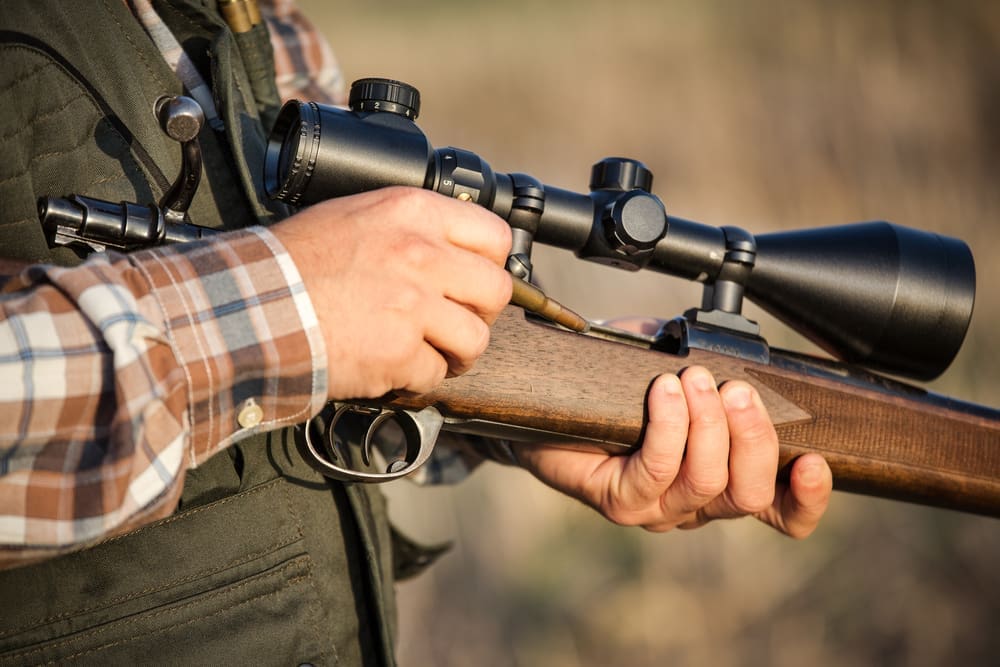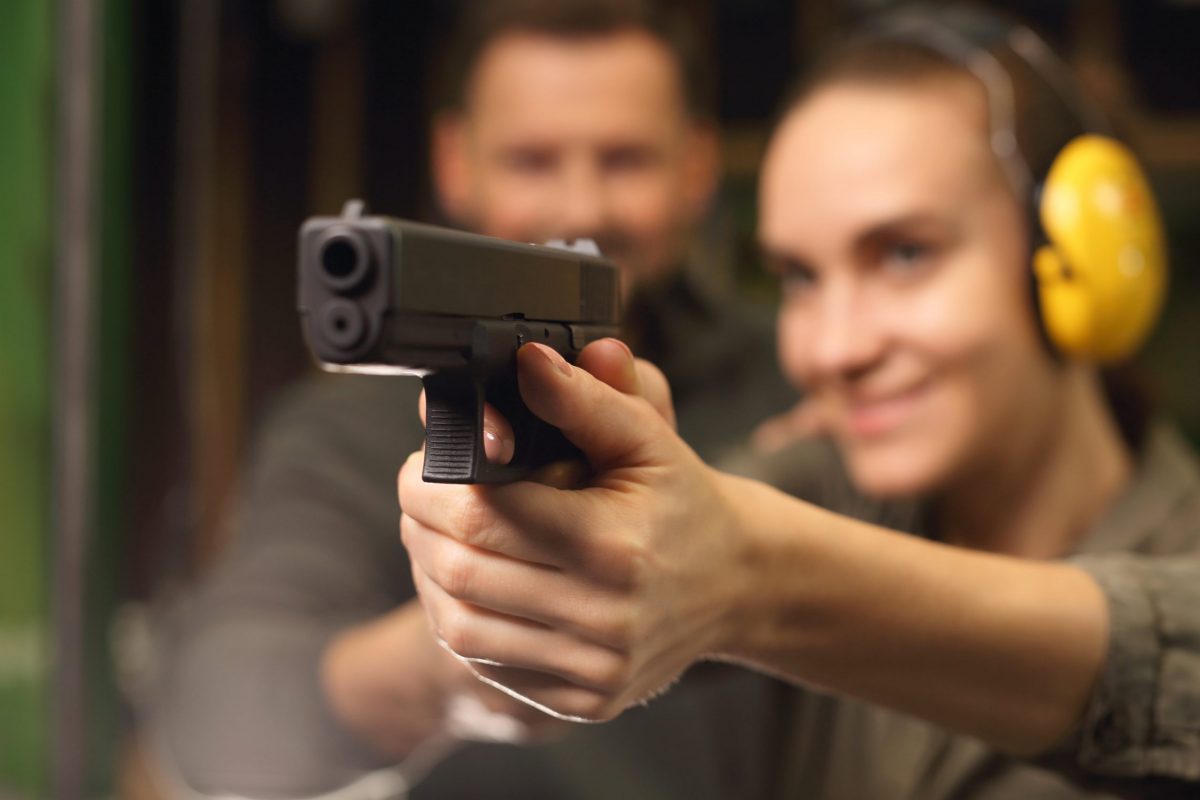Public Safety and Firearms: NSW Regulations
Firearms regulation is a critical aspect of public safety in New South Wales (NSW). With a focus on responsible ownership, strict licensing requirements, and comprehensive safety measures, NSW aims to mitigate the risks associated with firearm use. This article explores the key regulations surrounding firearms in NSW, emphasizing their importance in promoting public safety.
Understanding Firearms Regulations in NSW
The Firearms Act 1996 and its associated regulations govern the use, possession, and sale of firearms in NSW. These laws are designed to ensure that firearms are owned and used responsibly, reducing the likelihood of accidents and misuse.
Key Objectives of Firearms Regulations
The primary objectives of firearms regulations in NSW include:
Ensuring Public Safety: By controlling access to firearms and establishing safety protocols, the regulations aim to protect the public from firearm-related incidents.
Promoting Responsible Ownership: The laws encourage individuals to take their responsibilities as firearm owners seriously, including safe storage and proper handling.
Preventing Illegal Firearm Use: Stricter regulations aim to prevent firearms from falling into the hands of individuals who may misuse them, such as criminals or those with a history of violence.
Licensing Requirements for Firearm Owners
In NSW, obtaining a firearm license is a prerequisite for legal ownership. The licensing process involves several steps to ensure that only responsible individuals have access to firearms.
1. Application Process
To apply for a firearm license, individuals must complete the following steps:
Complete a Firearms Safety Course: Prospective firearm owners are required to undertake a safety training course approved by the NSW police. This course covers essential safety practices, laws, and the responsibilities of firearm ownership.
Submit an Application: Applicants must submit a detailed application to the NSW Police, including personal information, details of any prior convictions, and the purpose for acquiring a firearm.
Background Checks: The police conduct thorough background checks to assess the applicant’s suitability for firearm ownership. This includes checking for any criminal history or mental health issues.
2. Types of Licenses
There are various types of firearm licenses in NSW, each catering to different uses:
Category A and B Licenses: These licenses cover basic firearms, such as rifles and shotguns, used for recreational shooting and hunting.
Category C License: This license is for semi-automatic firearms and is typically granted to primary producers for pest control.
Category D License: Reserved for firearms such as automatic weapons, this license is heavily regulated and only granted under specific conditions.
Category H License: This license is for handguns and is primarily issued to sport shooters.

Storage and Safety Regulations
Ensuring the safe storage of firearms is a crucial aspect of public safety regulations in NSW. Firearm owners must adhere to strict guidelines regarding how their firearms are stored and maintained.
1. Safe Storage Requirements
According to the Firearms Act, firearm owners must:
Store Firearms Securely: Firearms must be stored in a locked safe that meets specific standards. The safe should be bolted to the ground or wall to prevent theft.
Store Ammunition Separately: Ammunition should be stored in a separate locked container away from firearms to reduce the risk of accidental discharge.
Regular Inspections: Firearm owners are encouraged to regularly inspect their storage practices to ensure compliance with safety standards.
2. Safe Handling Practices
In addition to proper storage, firearm owners must practice safe handling at all times, which includes:
Treating Every Firearm as Loaded: Owners should always assume that a firearm is loaded, even if they believe it is not.
Keeping the Muzzle Pointed in a Safe Direction: Firearm owners must ensure that the muzzle is pointed away from people and objects that could be harmed if discharged.
Avoiding Alcohol and Drugs: Firearm owners should never handle firearms while under the influence of drugs or alcohol, as this impairs judgment and coordination.
Public Safety Campaigns and Community Engagement
Public safety regarding firearms is a shared responsibility between the government and the community. NSW has implemented various initiatives to promote awareness and education surrounding firearms safety.
1. Community Education Programs
The NSW police and various organizations conduct community education programs aimed at promoting safe firearm practices. These programs often include:
Workshops and Seminars: Educational workshops teach firearm owners about safety measures, legal responsibilities, and safe storage practices.
Engagement with Local Communities: The government actively engages with communities to discuss firearm safety and encourage responsible ownership.
2. Reporting Unsafe Practices
The public is encouraged to report any unsafe firearm practices they observe. This can be done by contacting local authorities or the police. By reporting unsafe behavior, individuals contribute to a safer community and help prevent potential accidents.
Legal Consequences of Non-Compliance
Failure to comply with firearm regulations in NSW can result in serious legal consequences for firearm owners.
1. Penalties for Violations
Penalties for violating firearm regulations can include:
Fines: Individuals may face significant fines for failing to adhere to licensing, storage, or handling requirements.
Imprisonment: Serious violations, such as illegal possession or negligent use of firearms, can lead to imprisonment, with sentences varying based on the severity of the offense.
2. License Revocation
Individuals found in violation of firearm regulations risk having their licenses revoked. This not only prevents them from owning firearms in the future but may also affect their ability to engage in shooting sports or hunting.
Conclusion
Public safety and firearms regulations in New South Wales play a vital role in protecting the community from firearm-related incidents. By understanding the laws surrounding licensing, storage, and safe handling, firearm owners can contribute to a safer environment.
Education and awareness are essential in fostering responsible firearm ownership. By participating in community programs and adhering to regulations, individuals can ensure that they are not only compliant with the law but also committed to the safety of themselves and those around them. Firearms can be safely enjoyed as long as owners prioritize responsibility and vigilance.





